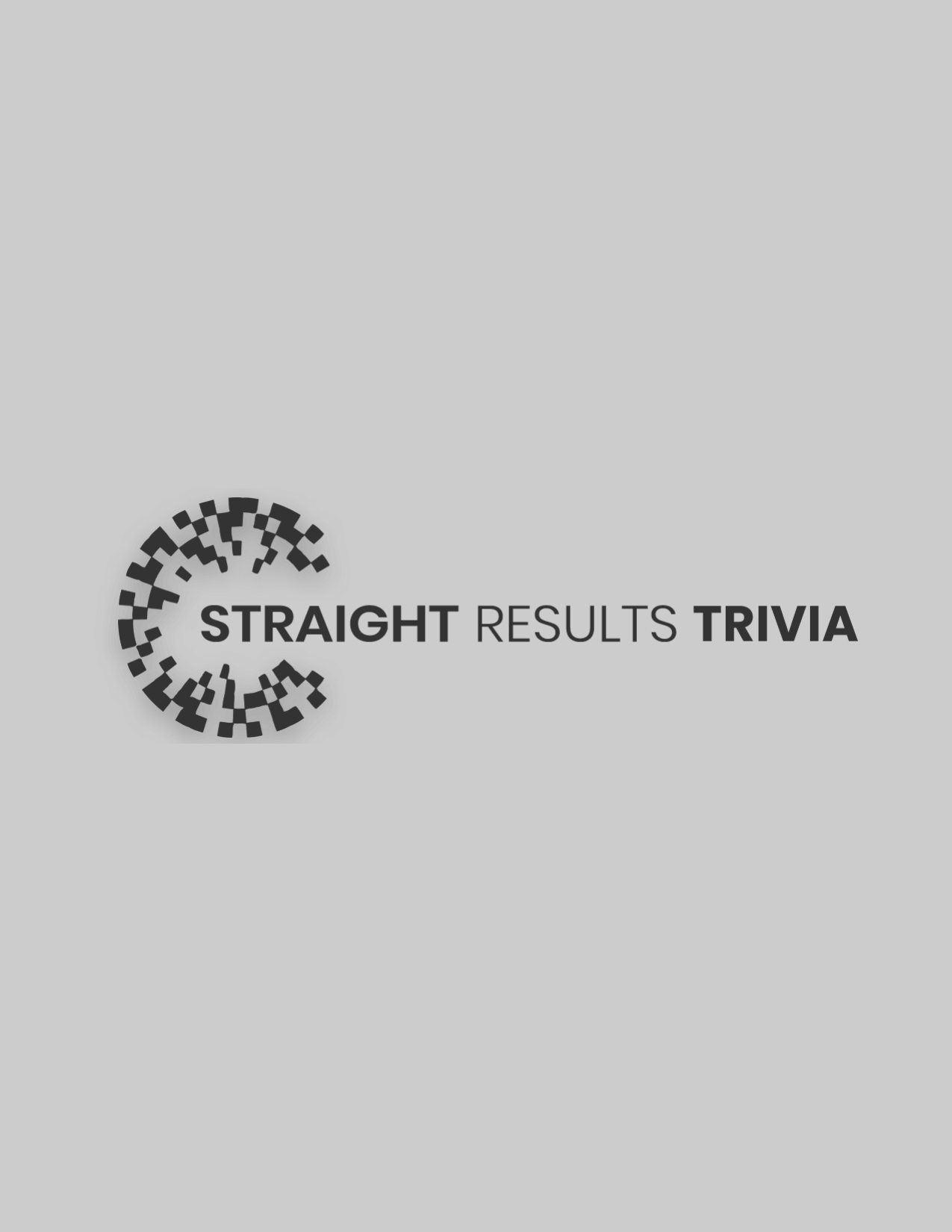What’s the most disturbing thought when you’re using the internet? It’s that someone might be looking over your shoulder without you even knowing! Online attackers and hackers have sophisticated techniques and skill sets to prey on people’s sensitive data and steal it from them digitally. But just like hackers have attacking methods, internet users have a few safety features and measures at hand.
What are those measures? Well, internet users are highly concerned about data security and privacy risks. So, they consider opting for proxy servers and VPNs. A Virtual Private Network and proxy server have been a cause of debate for a while now. Let’s figure out which one’s better for you.
What’s a Proxy Server?
Let’s start by discussing what a proxy server means. It’s a computer that acts as an intermediary between the requested server and your computer to hide your IP address. This protects you from prying eyes and illicit online users. Proxy servers are available in browser and app formats. Here’re the most common types of proxy servers:
· SOCKS5
· Transparent
· HTTP
When to Use a Proxy Server?
It would be best to use a proxy server when you only want to hide a single app’s or website’s IP address. It’s best when you only want to use a single app or website. Hence, you won’t have to download a VPN, use internet data, and spend a few minutes. It’s also more convenient if you’re looking for a free internet security measure.
What’s a Virtual Private Network (VPN)?
Virtual Private Networks or VPNs are mobile/desktop software applications encrypt all user information between the host device and the requested server on secure info transfer channels. VPNs hide users' IP addresses and protect them from online attackers and hackers.
When to Use a VPN?
It would be best to use a VPN when you want online security coverage for multiple websites or apps. VPNs are preferable over proxy servers if you want to encrypt the websites and apps you use alongside your IP address. Similarly, VPNs don’t log your website traffic, but proxy servers do. Generally, VPNs are faster than proxy servers.
Proxy Servers vs. VPNs: What’s the Difference?
· Data Monetization and Third-Party Selling: Although most proxy servers are free, they sell user data to compensate for the provided services. The data goes to advertisers who use it to build marketing strategies. However, VPNs don’t adhere to such practices because they come with a subscription model.
· Coverage: Proxy servers only offer security coverage for a single app or site, while VPNs encrypt all the web activity.
· Payment/Free: Proxy servers are generally free but monetize user data. However, VPNs come with payment plans and subscription models. Hence, they’re not free!
Conclusion
If you’re already using a VPN, you don’t have to use a proxy server. Virtual Private Networks can do what proxy servers do and reduce the time consumption that would otherwise persist if you used both simultaneously. Both offer a way out of online hacking threats and network vulnerabilities. But the use cases can vary slightly. So, choose the option that suits your needs best.















